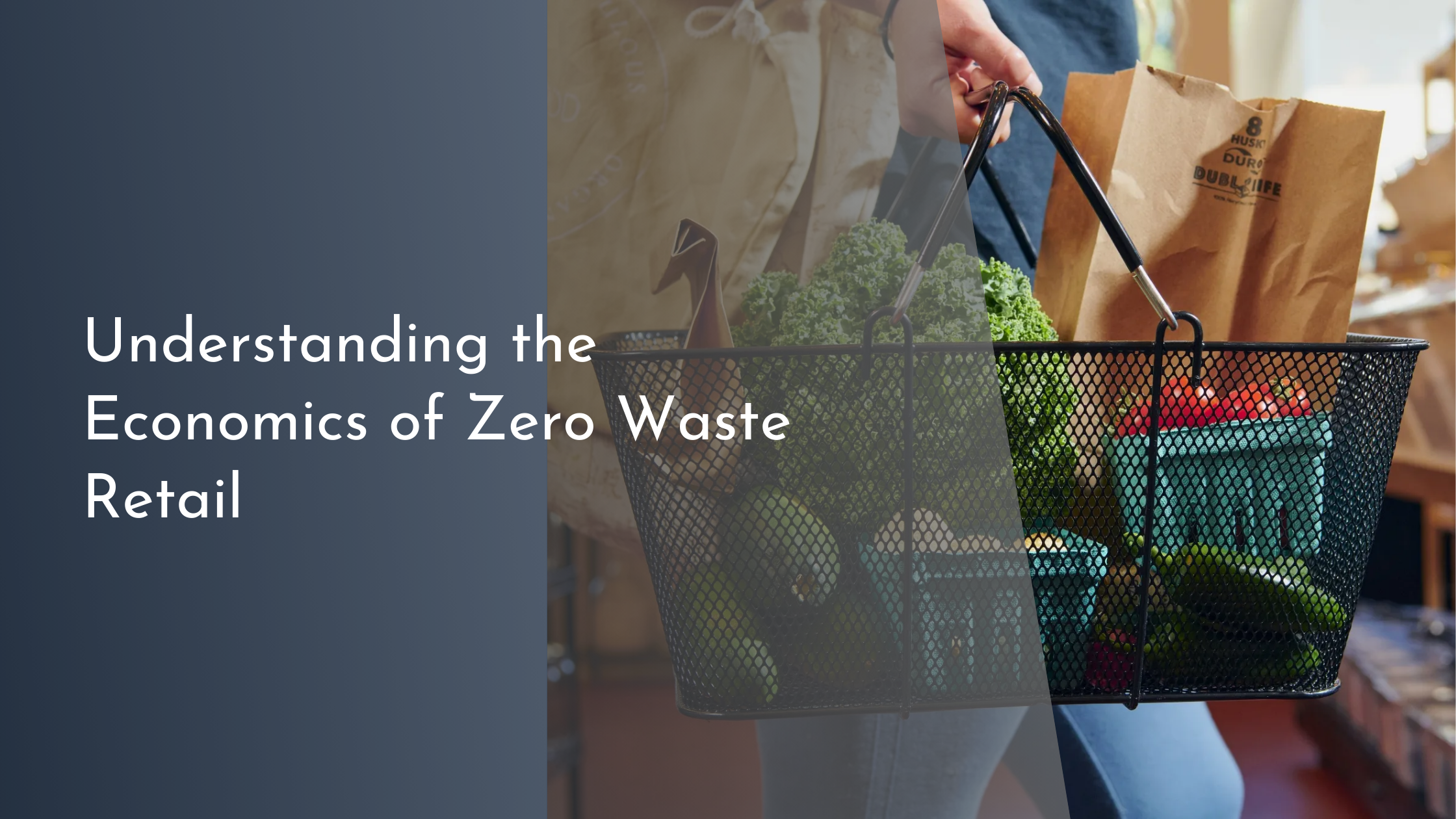Understanding the Economics of Zero Waste Retail
The concept of zero waste retail is revolutionizing the way businesses operate and interact with their customers. As environmental consciousness rises, many retailers are shifting toward sustainable practices that minimize waste and maximize resource efficiency. Zero waste retail is not merely a trend but a fundamental transformation in the retail industry with significant economic implications. This article explores the growing adoption of zero waste retail practices, the economic benefits for businesses, the challenges faced in implementation, and how embracing these practices can pave the way for a sustainable future.
The Rise of Zero Waste Retail Practices
In recent years, zero waste retail has gained momentum as both consumers and businesses become increasingly aware of the environmental impact of waste. Zero waste retail focuses on reducing waste output by adopting sustainable practices such as bulk sales, reusable packaging, and promoting products with minimal environmental impact. This movement is supported by a growing number of consumers who prefer to shop with retailers that prioritize sustainability and environmental responsibility.
Retailers are responding to this demand by implementing various zero waste strategies. Many stores now offer refill stations for household goods and personal care products, enabling customers to bring their own containers and purchase just what they need. Additionally, some brands emphasize transparent supply chains, ensuring that products are sustainably sourced and ethically produced. By adopting these practices, retailers not only help the environment but also attract a loyal customer base that values sustainability.
Key Economic Benefits for Businesses
One of the most compelling reasons for businesses to adopt zero waste retail practices is the potential for cost savings. By minimizing waste, retailers can significantly reduce costs associated with waste disposal and packaging materials. For instance, eliminating single-use packaging not only cuts expenses but also reduces the carbon footprint of the business. These savings can then be reinvested into other areas, such as improving product quality or enhancing customer service.
Moreover, zero waste practices can differentiate a brand in a competitive market. As consumers become more environmentally conscious, they are more likely to support businesses that reflect their values. This shift in consumer preference can increase brand loyalty and drive sales. Additionally, businesses that adopt zero waste practices often benefit from positive publicity, boosting their reputation and potentially attracting new customers who are interested in sustainable shopping options.
Challenges and Solutions in Implementation
Despite the clear benefits, implementing zero waste retail practices can present several challenges. One significant hurdle is the initial cost of transitioning to sustainable operations. Businesses may need to invest in new equipment, train staff, and overhaul supply chains. These changes can be resource-intensive and time-consuming, particularly for established businesses with entrenched systems.
To overcome these challenges, businesses can adopt a phased approach to implementation. Starting with small, manageable changes, such as introducing reusable bags or setting up a recycling program, can help ease the transition. Collaborating with suppliers and other stakeholders to find cost-effective solutions is also crucial. By taking incremental steps and engaging the entire supply chain, businesses can gradually move toward more comprehensive zero waste practices without overwhelming their resources.
Conclusion: Embracing a Sustainable Future
The shift toward zero waste retail is not just about reducing environmental impact; it’s about redefining the future of retail. By prioritizing sustainability, businesses can build stronger relationships with their customers, reduce costs, and differentiate themselves in a crowded marketplace. These practices are not only beneficial for the planet but also economically advantageous for forward-thinking retailers.
As the demand for sustainable retail options continues to grow, businesses have a unique opportunity to lead the way toward a more sustainable future. By embracing zero waste practices, retailers can not only contribute to a healthier planet but also enhance their economic prospects. Understanding the economics of zero waste retail is crucial for businesses looking to thrive in today’s environmentally conscious market. With innovation, commitment, and collaboration, the retail industry can play a pivotal role in creating a more sustainable world for future generations.

